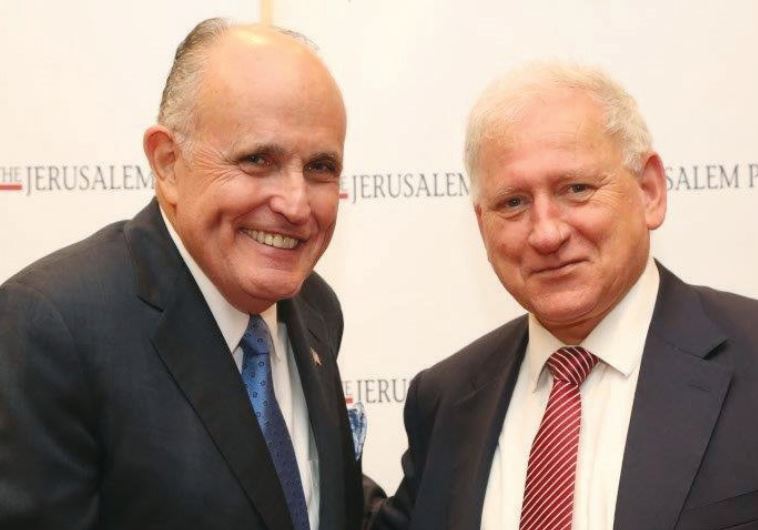Capturing new opportunities in the US middle market
Technology has become a key factor in global economies, and this development has had a most positive impact on Israel.
 Bank Hapoalim Chairman Yair Seroussi (right) with former New York mayor Rudy GiuilianiUpdated:
Bank Hapoalim Chairman Yair Seroussi (right) with former New York mayor Rudy GiuilianiUpdated: